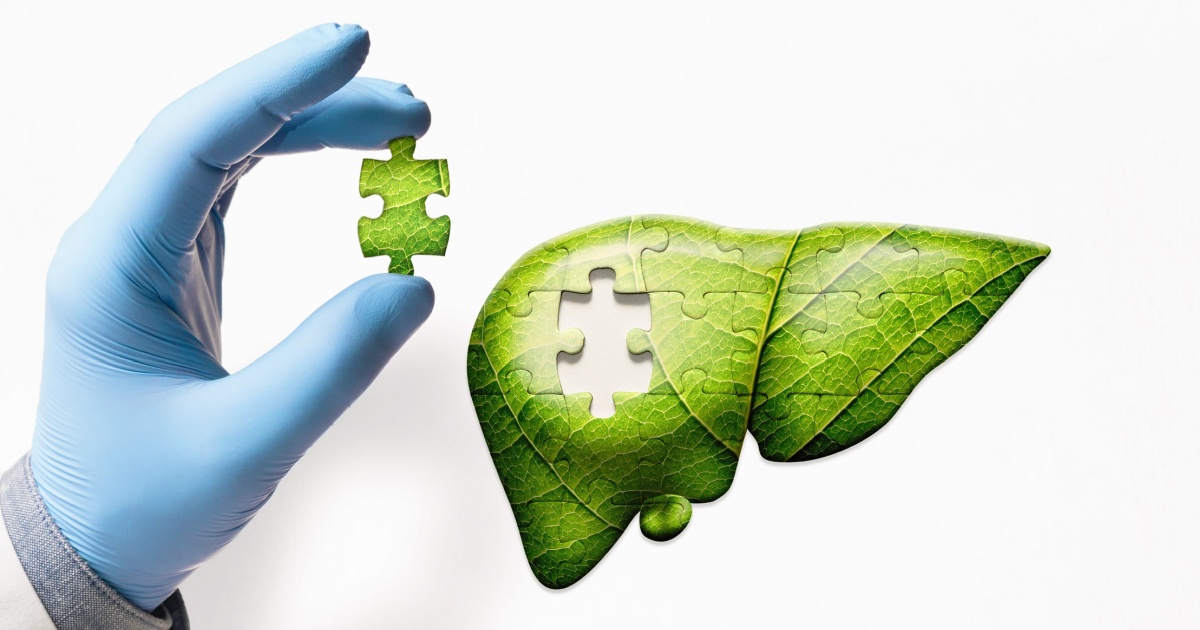The liver plays a crucial role in our overall health by performing a variety of functions. Things like detoxifying harmful substances, producing bile for digestion, and storing essential nutrients are all possible because of our liver. Here are nine of the best foods and drinks for liver health, supported by scientific research and expert recommendations.
1. Coffee

Coffee is one of the best drinks for promoting liver health. Many studies have shown that coffee drinkers have a lower risk of chronic liver disease, cirrhosis, and liver cancer. A 2021 study found that drinking 3-4 cups of coffee daily could lower the risk of chronic liver disease and its complications.1 The protective effects of coffee are likely due to its ability to prevent fat and collagen buildup in the liver, reduce inflammation, and increase antioxidant levels.
Read More: Bruise easily? Itchy skin? 5 signs you have liver damage without even knowing it
2. Green Tea
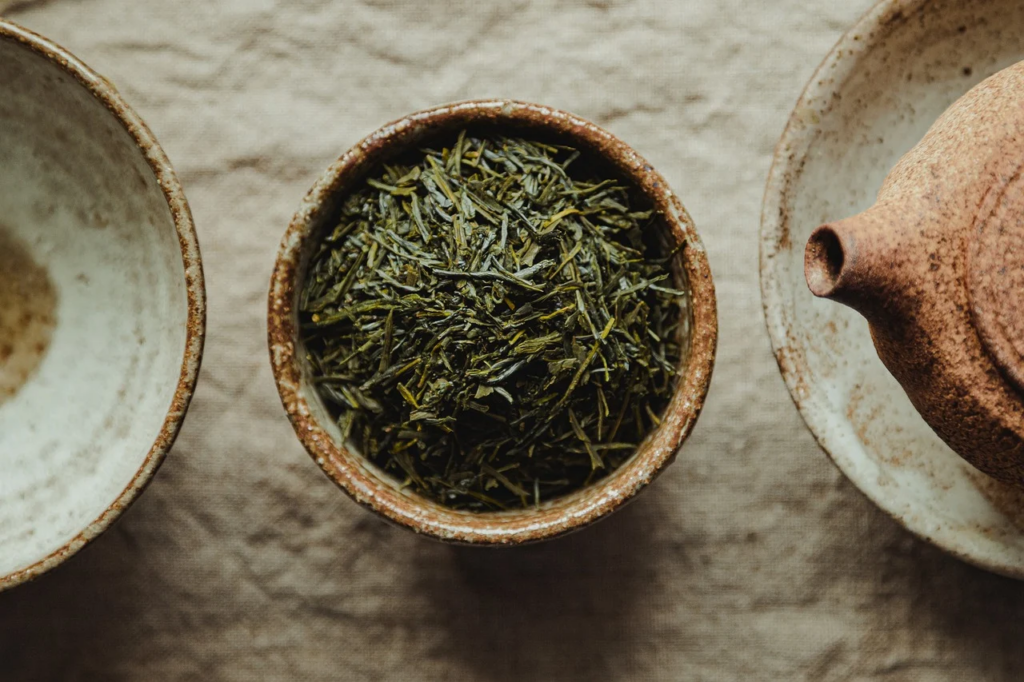
Green tea is known for its health benefits, including its positive effects on liver health. Research indicates that green tea can lower levels of liver enzymes such as alanine aminotransferase (ALT) and aspartate aminotransferase (AST), which are indicators of liver damage. A 2020 review found that moderate green tea consumption was beneficial for people with nonalcoholic fatty liver disease (NAFLD), although excessive intake of green tea extract supplements can cause liver injury in rare cases.2
3. Grapefruit
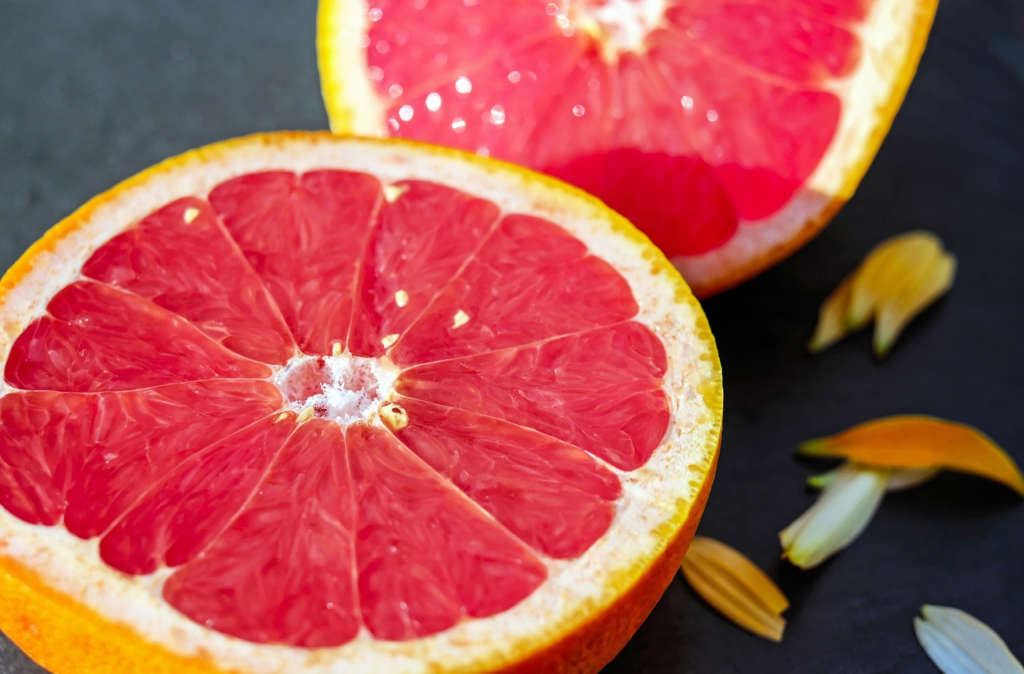
Grapefruit contains antioxidants like naringenin and naringin, which help protect the liver by reducing inflammation and protecting liver cells. Studies suggest that these antioxidants can also help reduce hepatic fibrosis, a condition characterized by excessive connective tissue buildup in the liver due to chronic inflammation. Although most studies have been conducted on animals, the evidence suggests that grapefruit may offer significant liver health benefits in humans as well. Be mindful of grapefruit if you are taking any medication, as interactions are common.
4. Nuts
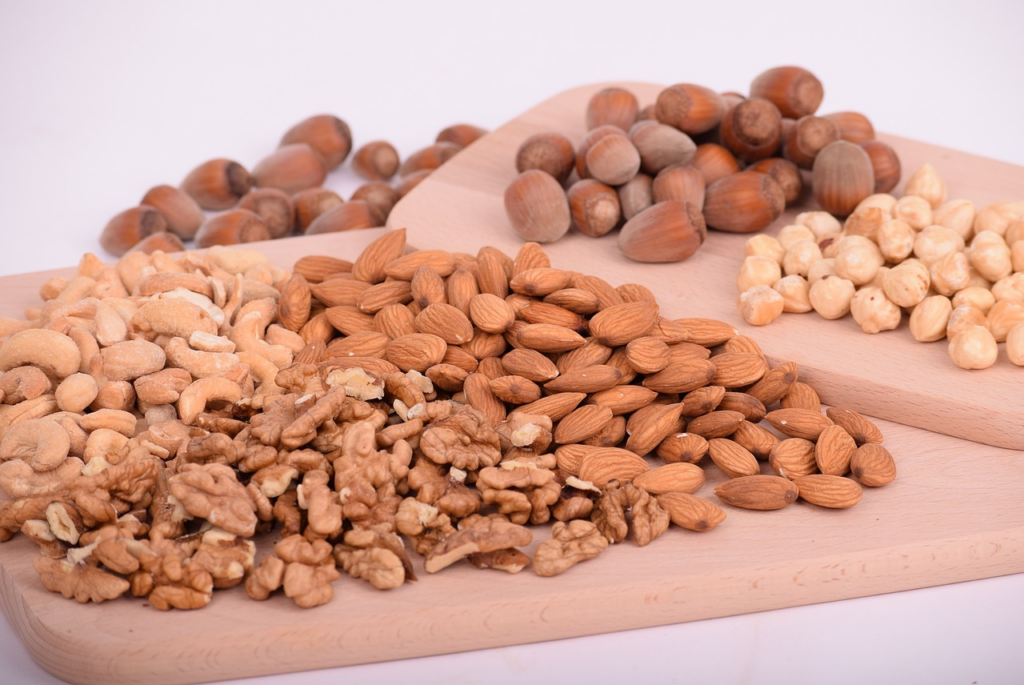
Nuts are rich in healthy fats, antioxidants, and vitamin E, which are beneficial for liver health. A 2019 study found that a diet high in nuts was associated with a reduced risk of NAFLD. The antioxidants and healthy fats in nuts help reduce inflammation and oxidative stress, promoting overall liver health.
Read More: 5 Early Signs of Liver Damage You Should Look Out For
5. Oatmeal
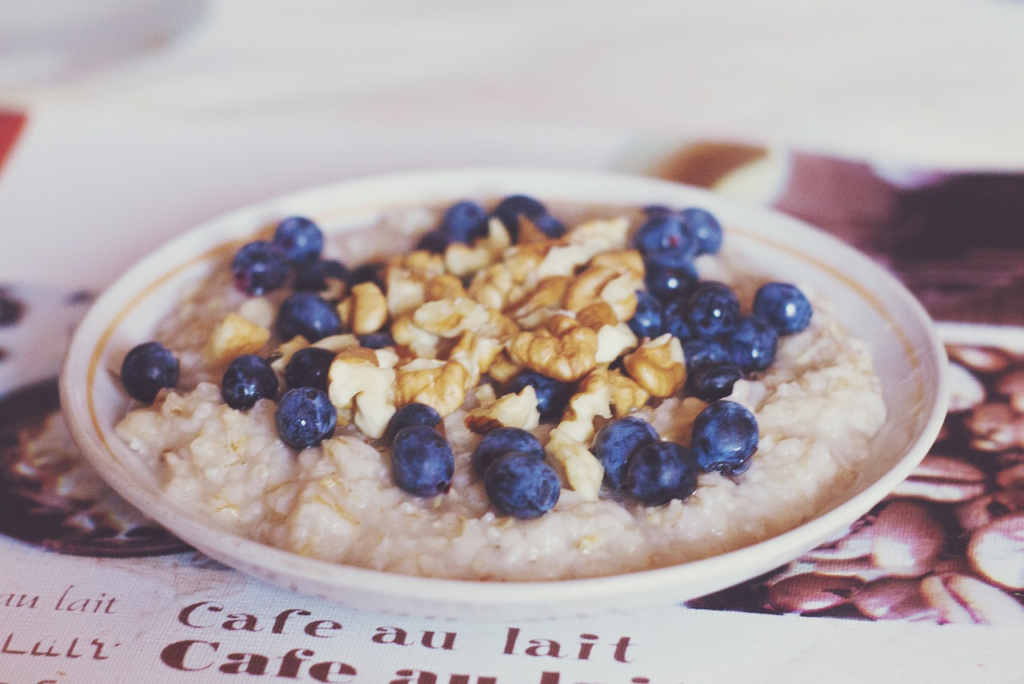
Oatmeal is an excellent source of fiber, particularly beta-glucans, which are beneficial for liver health. Beta-glucans help modulate the immune system, fight inflammation, and reduce the risk of obesity and diabetes. These properties make oatmeal a valuable food for supporting liver health and reducing liver fat.
6. Berries
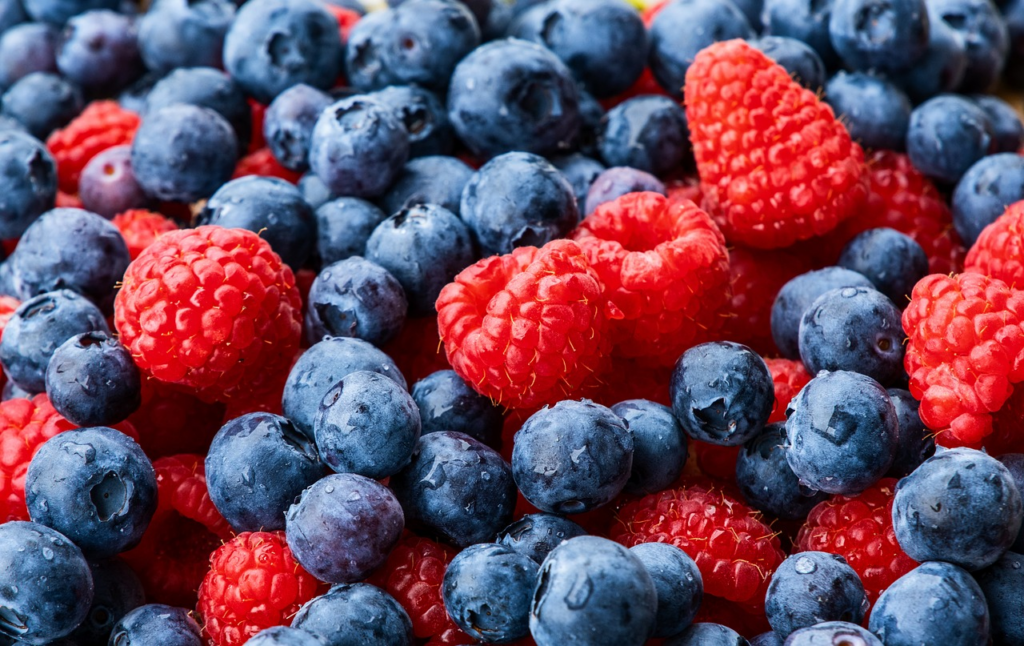
Berries such as blueberries and cranberries are rich in antioxidants called polyphenols, which protect the liver from damage. Animal studies have shown that berries can reduce liver fibrosis and oxidative stress. A 2023 study indicated that blueberry and cranberry polyphenols reduced liver damage in rats. Although more research is needed in humans, these findings suggest that berries are a beneficial addition to a liver-healthy diet.
7. Beetroot Juice
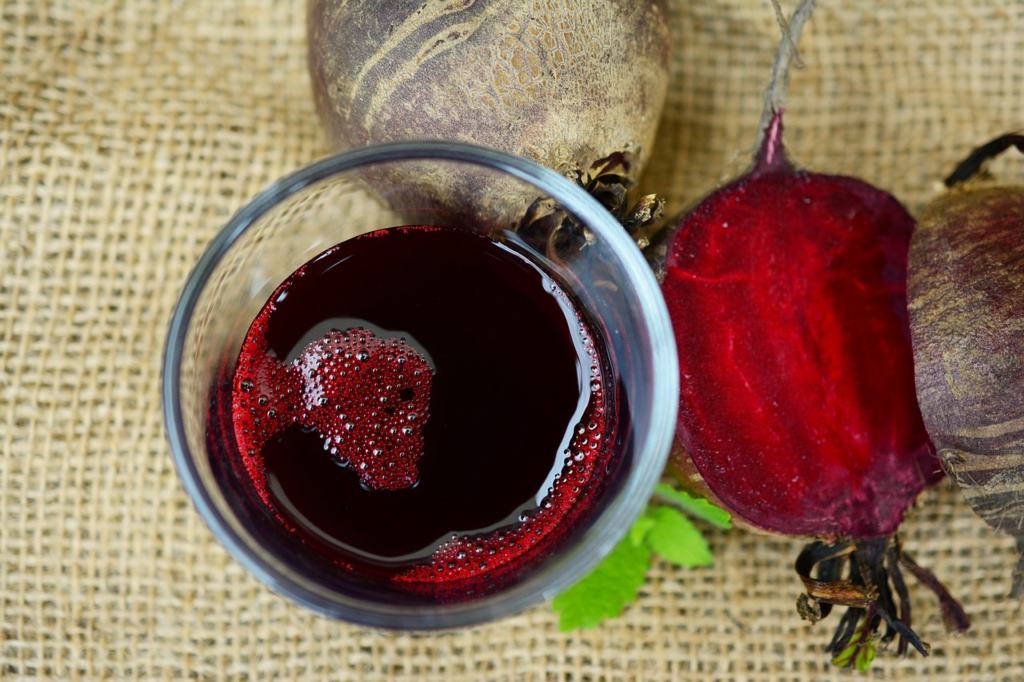
Beetroot juice is rich in nitrates and antioxidants called betalains, which can help reduce oxidative damage and inflammation in the liver. While animal studies have shown promising results, more research is needed to confirm the benefits of beetroot juice on human liver health.
8. Grapes
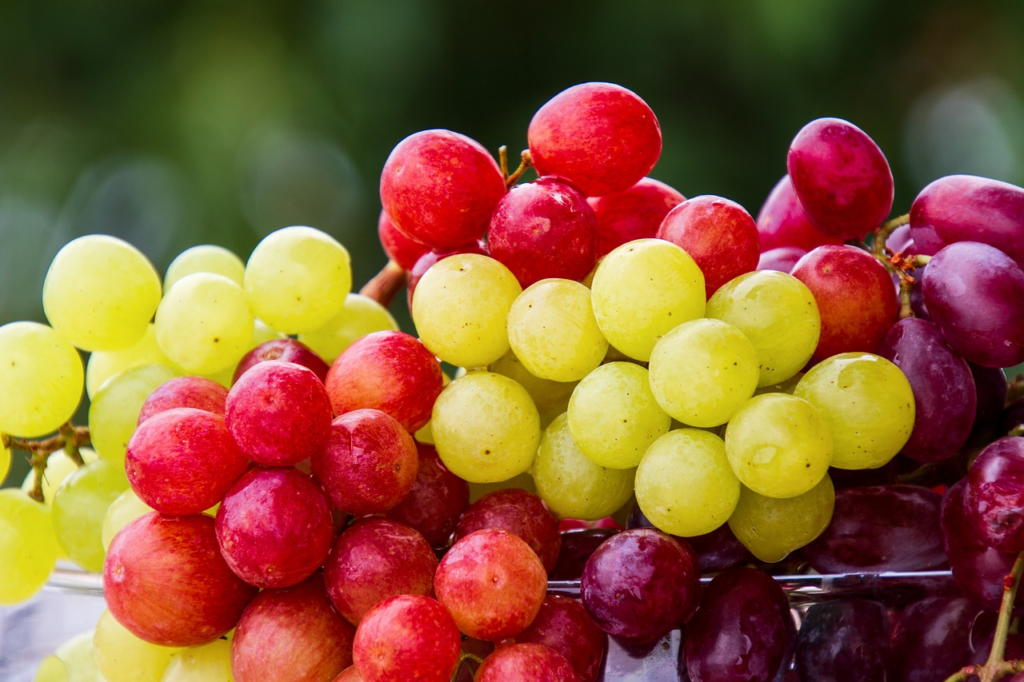
Grapes, especially red and purple varieties, contain beneficial plant compounds that support liver health. Studies suggest that grapes and grape juice can lower inflammation, prevent cell damage, and increase antioxidant levels in the liver. However, a 2022 study indicated that eating grape products did not significantly affect liver enzymes, highlighting the need for further research to fully understand their benefits.
9. Prickly Pear
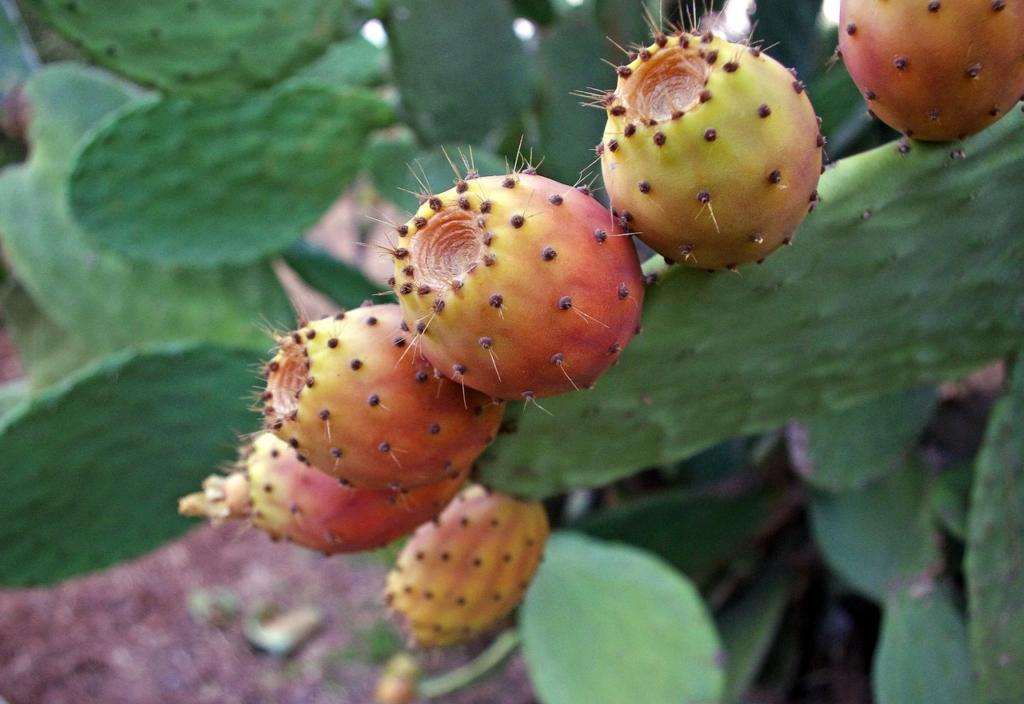
Yes, just like the fruit Baloo the Bear eats, prickly pear is a type of edible cactus that has been used in traditional medicine to treat liver disease. Research has shown that prickly pear extract can help manage symptoms of a hangover and protect the liver from alcohol toxicity due to its anti-inflammatory and antioxidant properties. Although more human studies are needed, the existing evidence suggests that prickly pear may positively affect liver health.
Conclusion
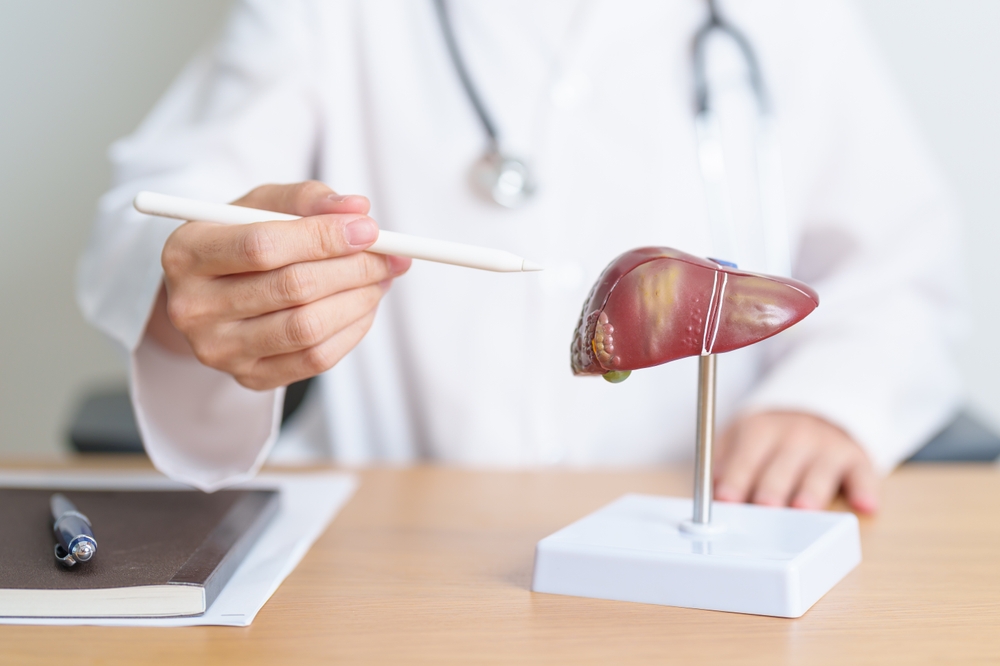
Incorporating these foods and drinks into your diet can significantly contribute to maintaining liver health. From the antioxidant-rich berries and green tea to the beneficial compounds in coffee and oatmeal, these foods offer differing protective effects against liver disease and promote overall liver function. Always consult with a healthcare provider before making significant changes to your diet, especially if you have existing liver conditions or other health concerns.
Read More: How Does Vitamin A Toxicity Impact The Liver
Sources
- “11 Foods That Are Good for Your Liver.” Healthline. Taylor Jones, RD and Rachael Ajmera, MS, RD. October 30, 2023
- “What foods protect the liver?” Medical News Today. Jon Johnson. January 24, 2024
Disclaimer: This information is not intended to be a substitute for professional medical advice, diagnosis or treatment and is for information only. Always seek the advice of your physician or another qualified health provider with any questions about your medical condition and/or current medication. Do not disregard professional medical advice or delay seeking advice or treatment because of something you have read here.
